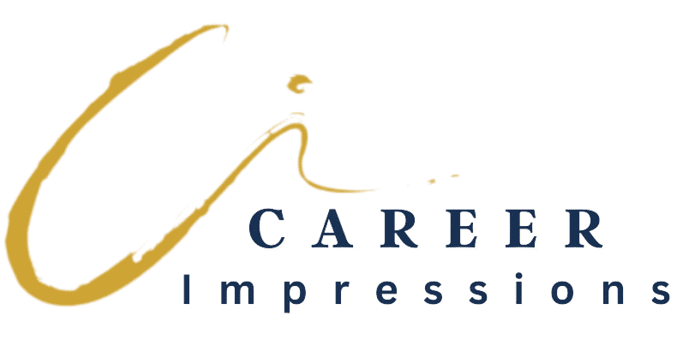Which Career Document is Right For You?
January 21, 2013
I welcome guest blogger – Jennifer Miller – who has contributed this post:
Which Career Document is Right For You?
Are you confused about the different types of career documents? Not sure if you need a resume, a curriculum vitae, a biography, or all three? These brief descriptions with help you understand the best and most practical uses for each of these documents.
Let’s start with a resume. Your resume is a marketing tool; it’s selling you to potential employers. Resumes are usually one or two pages in length, and contain information about your accomplishments, experience, education, and skills. The purpose of your resume is to show a potential employer why you would be a great addition to their organization, and give them a reason to contact you for an interview.
A curriculum vitae, commonly referred to as a CV, is a longer, more detailed synopsis of your work history and education. In North America, CVs are typically used when applying for academic, medical, or research positions, and may include information about publications, research, presentations, teaching, professional affiliations, and awards. While much of this information could also be captured in a resume, a resume presents it in a more succinct and ‘sales focused’ manner.
Finally, a biography is a summary of who you are, as a professional and as a person. Your biography should be one page or less, and is written mostly in paragraph form. A biography provides an overview of your work experience and accomplishments, and also expands into your personality traits. A well-written biography will complement your resume, not just repeat it, while providing a clear outline of your career path and major personal accomplishments.
In summary, most people need a resume (and a cover letter), when applying for an industry job. If you’re applying for work in countries outside of North America, or for work in the medical or educational fields, you may require a CV. Finally, a lot of employers may request a biography, especially for people in senior and executive positions. Having the right documents prepared for potential employers, in the most up-to-date formats and styles, can set you apart from other candidates. Best to invest in these critical documents before you need them.
– Jennifer Miller is a Certified Professional Resume Writer at Professional Edge Resumes.
Share this post:
Posted in Resume Tips

